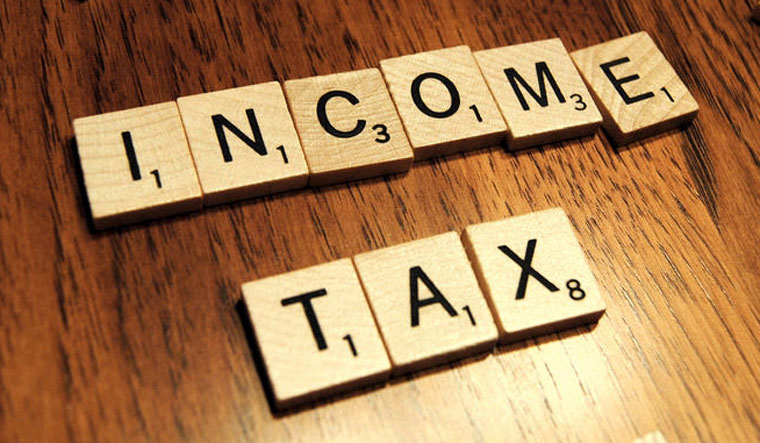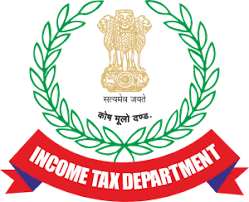Yes, Employer Contribution to NPS is taxable under the head Salary as per Section-17(1) (viii) of the Income Tax Act, 1961. However, deduction u/s 80 CCD (2) of the Act, is allowed from the taxable income up to 10% of Salary (Basic+DA).
In a simple language, employer’s contribution to NPS is first added to the taxable income of an employee under the head salary and then up to 10% of salary (Basic + DA) or the actual employer’s contribution amount, whichever is lower, is deducted from the taxable salary income.
Employee voluntary contribution to NPS is eligible for deduction under section 80CCD (1) (a) up to 10% of Salary (Basic+DA) within the overall ceiling of Rs.1.50 Lakh p.a. u/s 80CCE, plus
Additional deduction up to Rs.50, 000/- p.a. under section 80CCD1(B) is also available over and above Rs.1.50 Lakh u/s 80CCE, if an employee voluntarily contribute to NPS. However, same amount cannot be considered under both the section.
There is no restriction on employee contribution amount and one can contribute as much as one wants, so as to earn tax free income/appreciation and build his/her retirement corpus, but additional deduction u/s 80CCD1(B) is available for maximum Rs.50,000/- per annum.
Yes, during the membership period, all assets of the NPS vests with the NPS Trust/Board of Trustees with subscriber being the beneficial owner to the extents of their fund value. Income of the NPS Trust is exempt u/s 10(44) of the Income Tax Act, so appreciation in the fund value in an NPS account during the membership period is fully exempt from Tax
No, lump sum withdrawal received at the time of closure/exit from NPS is fully exempt from income tax u/s (10) (12A) up to 60 %( maximum allowed by PFRDA) of the total corpus.
Amount utilised by a subscriber (minimum 40% of the total corpus) for purchase of pension annuity from the Annuity Service Provider (at present Life Insurance Companies) is not taxable.
Yes, Pension/ Annuity received by the NPS corporate sector subscribers from the Annuity Service Provider (ASP) is taxable under the head Salary (u/s 17(1) (ii) )and income tax is payable as per the applicable rate/ tax slabs.
Yes, partial withdrawal from NPS account as per the PFRDA regulations (maximum 3 times during entire service) is exempt from tax u/s (10) (12B) up to 25% of the contributions (without appreciation) made by the employee.
No, as per section 10(13) (v) of the Income Tax Act, 1961, amount transferred from Superannuation Fund (Pension Trust) to NPS account of an employee is exempt from Tax. In simple language, fund transferred from Superannuation Fund/Pension Trust to NPS account is neither taxable nor it is considered as employee or employer contribution to NPS for that year.
Changes w.e.f. 01.04.2021(F.Y-2021-22) w.r.t. taxation of Employer’s Contribution
Employers contribution over and above Rs.7.50 Lakh in a year to PF, NPS, Superannuation Fund (individually or taken together) is taxable as perquisite u/s 17(2) (vii) of the Income Tax Act, 1961. Interest/Dividend/appreciation on such taxable contribution is also taxable as perquisite u/s 17(2)(viia) and TDS is to be deducted by employer under the head Salary.
Also Read: Union Budget 2021: Direct Tax Proposals at a glance
Follow us for free tax updates : facebook Twitter
***
Subscribe our portal and get FREE Tax e-books , quality articles and updates on your e-mail.
Resolve your GST queries from national level experts on GST free of cost.
CMA. Amit Prakash is a post Graduate in Commerce(M.Com), and fellow member of the Institute of Cost Accountants of India(FCMA) an Associate Member of the Institute of Company Secretaries of India(ACS), and a Law Graduate(LLB) from Delhi University).
He has more than 18 years of experience in a leading CPSE in India and currently managing retirement benefits funds of more than Rs.17500 Crores of a huge Corporate.




